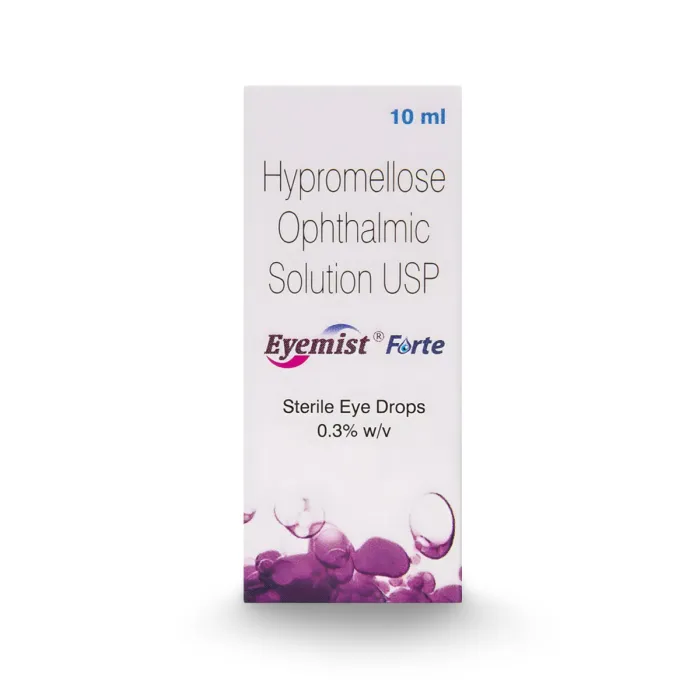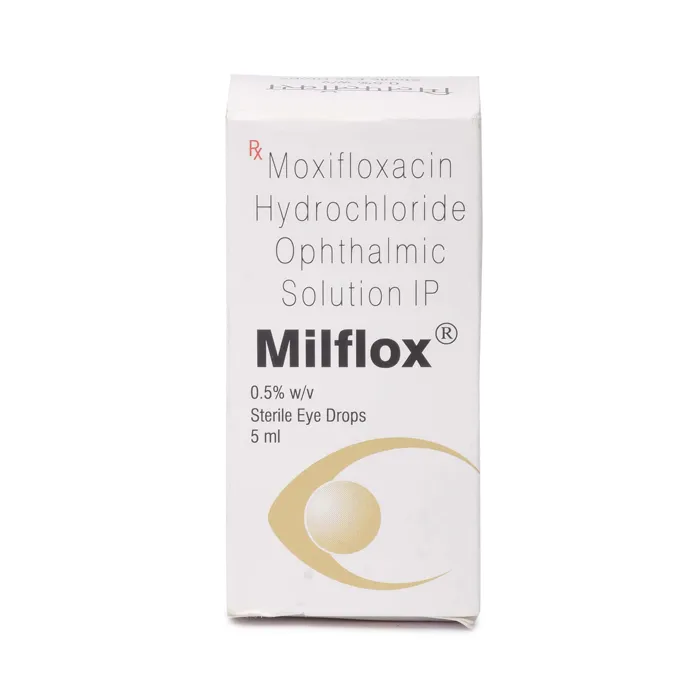Pink eye is an infection characterized by the inflammation of the conjunctiva, causing the eye to appear red. The conjunctiva is the transparent membrane that covers the eye’s surface.
Pink eye affects approximately 6 million people in the US each year.
The infection can occur by coming in contact with bacteria, viruses, or allergens. Pink eye is known to be contagious, i.e., it spreads quickly through contact.
For this reason, people with pink eye are asked to stay indoors and avoid contact with others to limit the spread.
This has led to a common concern, ‘How long is pink eye contagious?’
This article will attempt to answer your question about the contagious period of pink eye. We also discuss signs of contagious pink eye.
How Long is Pink Eye Contagious
The duration of pink eye’s contagiousness depends on the underlying cause of pink eye. The causes of pink eye include allergens, viruses, and bacteria.
Let us discuss the contagious period in detail.
Save up to 90% on your medicine bills

Eyemist Forte 10 ml

Milflox 0.5% 5 ml

Restasis 0.05% Ophthalmic Emulsion

Pred Forte 10 ml
Bacterial Pink Eye
 Source: Siganture_image
Source: Siganture_imageBacterial pink eye caused by bacteria like Streptococcus or Staphylococcus is highly contagious.
It remains contagious for as long as you have symptoms and until you have completed 24-hour Antibiotics treatment.
This makes it extremely important to seek medical treatment if you suspect bacterial pink eye.
Treatment of bacterial pink eye typically involves using Antibiotic eyedrops like Azithromycin.
Do you want to know how antibiotics help with pink eye? To learn how antibiotics help pink eye, read Understanding Pink Eye Antibiotics: Treatment Options and Guidelines.
Viral Pink Eye
Approximately 90% of viral pink eye infections are caused by Adenoviruses. Other viruses that may cause pink eye include herpes simplex and varicella-zoster virus.
It remains contagious for about 5 to 7 days after the symptoms of viral pink eye appear.
Practicing good hygiene, such as washing hands frequently and avoiding touching your eyes, can help limit the spread of the infection.
Want to learn more about the treatment of viral pink eye? Read Viral Pink Eye Treatment: How to Get Rid of Viral Pink Eye.
Allergic Pink Eye
 Source: Wachira_Wacharapathom_from_Getty_Images
Source: Wachira_Wacharapathom_from_Getty_ImagesUnlike other types of pink eye, allergic pink eye is not contagious. It occurs when a person comes in contact with foreign substances like dust, pollen, or dander.
In most cases, allergic pink eye resolves easily if the allergen is removed from the environment. However, some people may need Antihistamine eyedrops like Ocurest to relieve symptoms of pink eye.
Signs of Contagious Pink Eye
Pink eye is likely to be contagious as long as the viral or bacterial pink eye symptoms are visible.
Signs or symptoms of contagious pink eye are:
- Redness in the eyes
- Watery or discharge-filled eyes
- Itchy sensation or burning sensation
- Sensitivity to light (photophobia)
- Crusty eyelids, especially in the morning
If you or someone exhibits these symptoms, consult a doctor for a suitable diagnosis and treatment.
Final Outlook
Pink eye is a highly contagious infection, i.e., it can spread through contact. It generally occurs when a person comes in contact with a virus, bacteria, or allergen.
Pink eye caused by allergens is not contagious, unlike other types of pink eye.
While viral or bacterial pink eye is highly contagious, it has led to a concern about the duration of the contagious period of pink eye.
You may be wondering, ‘How long is pink eye contagious?’
Viral pink eye is contagious for about 5 to 7 days after the symptoms appear.
Bacterial pink eye is contagious as long as the symptoms persist and until a person has completed a 24-hour course of Antibiotics.
Maintaining good hygiene can help limit the spread of this eye infection. Seeking prompt treatment can also reduce the contagious period and treat the infection.

Frequently Asked Questions
Can pink eye be spread through casual contact, like shaking hands?
Yes, bacterial and viral pink eye can be transmitted through contact with contaminated hands or objects.
It’s important to practice good hand hygiene to prevent its spread.
See our Recommendations
Is it safe to go to work or school with pink eye?
If you have bacterial or viral pink eye, it’s best to stay home until you’ve received treatment (in the case of bacterial pink eye) or until the contagious period has passed (if you have viral pink eye).
Consult with a healthcare professional for suitable guidance depending on your condition’s severity.
See our Recommendations
Can pink eye lead to complications in pregnant women?
No, the pink eye itself is generally not harmful to pregnant women, but certain medications used to treat it may not be recommended during pregnancy.
Pregnant individuals with pink eye should consult their healthcare provider for safe treatment options.
See our Recommendations
Can I use expired eye drops for pink eye?
No, it’s not advisable to use expired eye drops for pink eye, as they may not be effective or could potentially worsen the condition.
Using fresh, unexpired eye drops or consulting with a healthcare professional for appropriate treatment is safer.
See our Recommendations
Can pink eye cause permanent eye damage?
In most cases, the pink eye does not cause permanent eye damage when promptly diagnosed and treated.
However, severe or untreated cases can lead to complications that may affect vision.
See our Recommendations
Cheap Medicine Shop only refers to credible, authoritative sources for our content. If you’re curious about how we ensure the integrity of our content, we encourage you to read our Content Information Policy.














